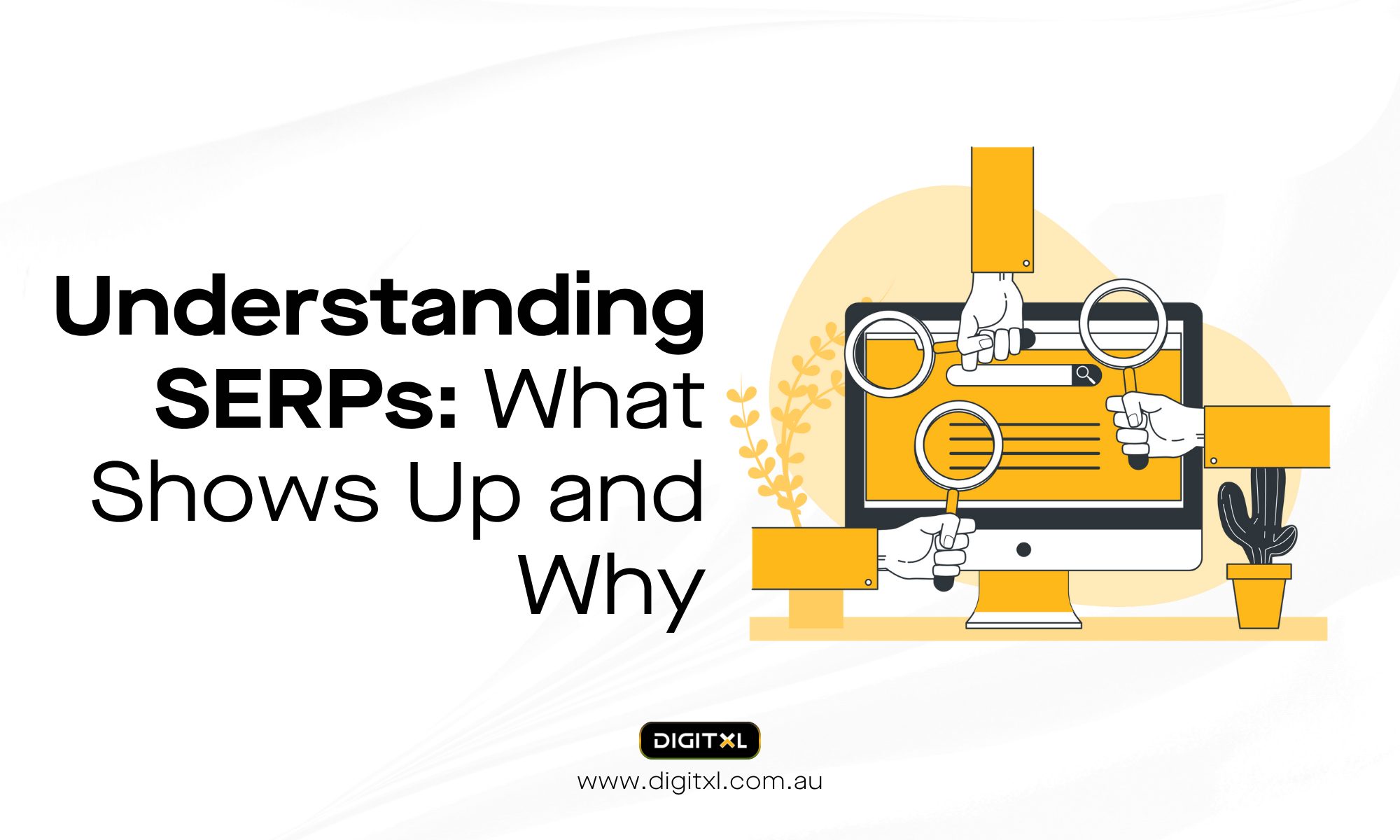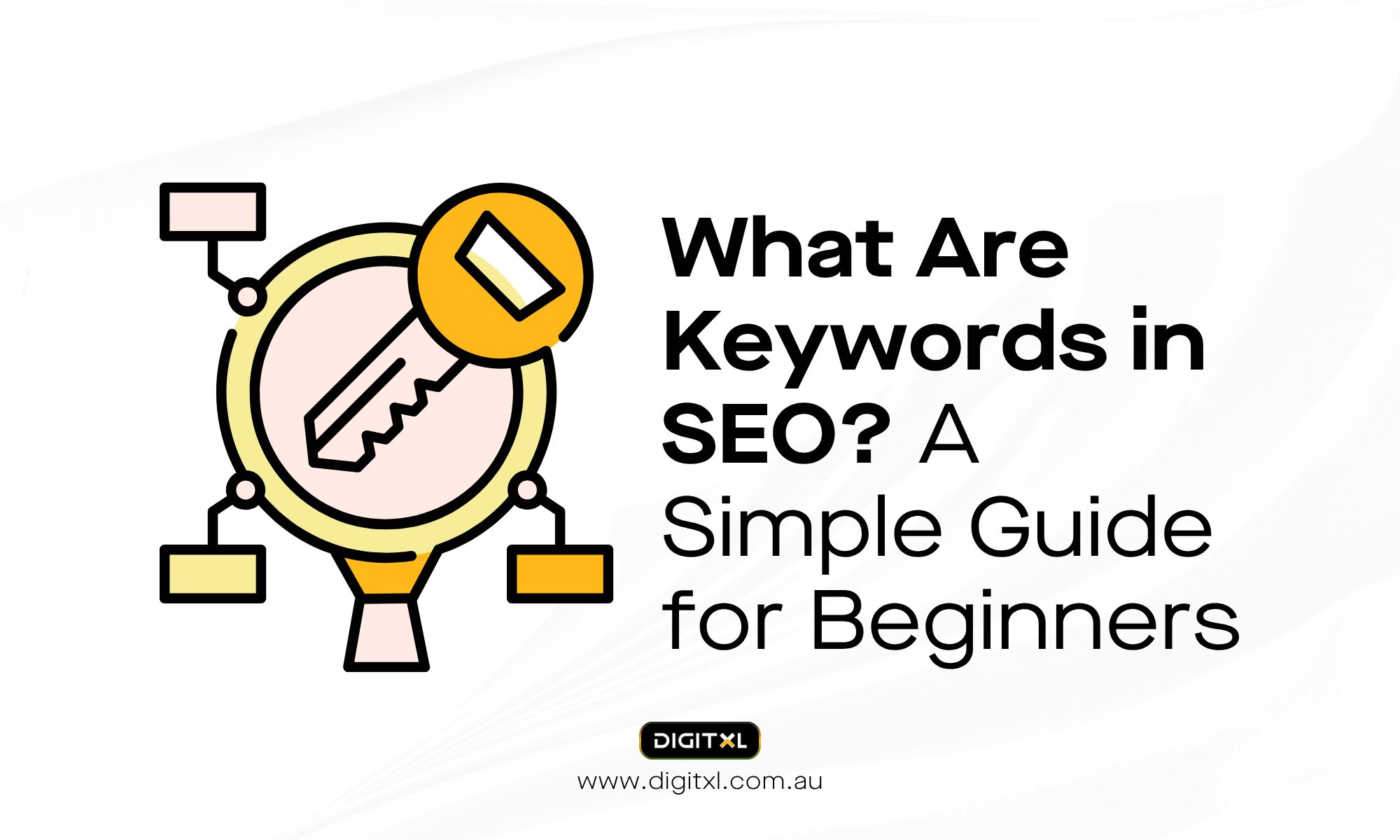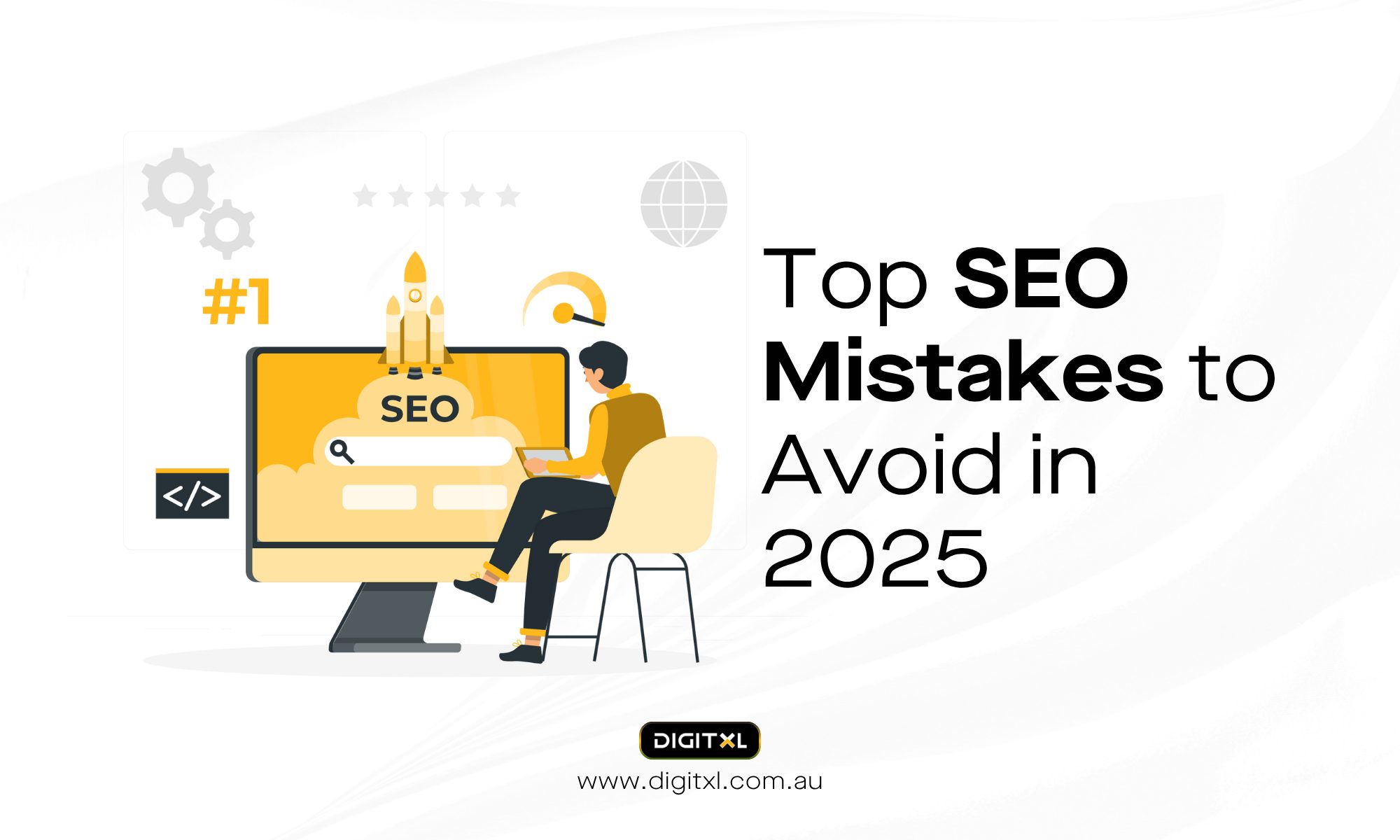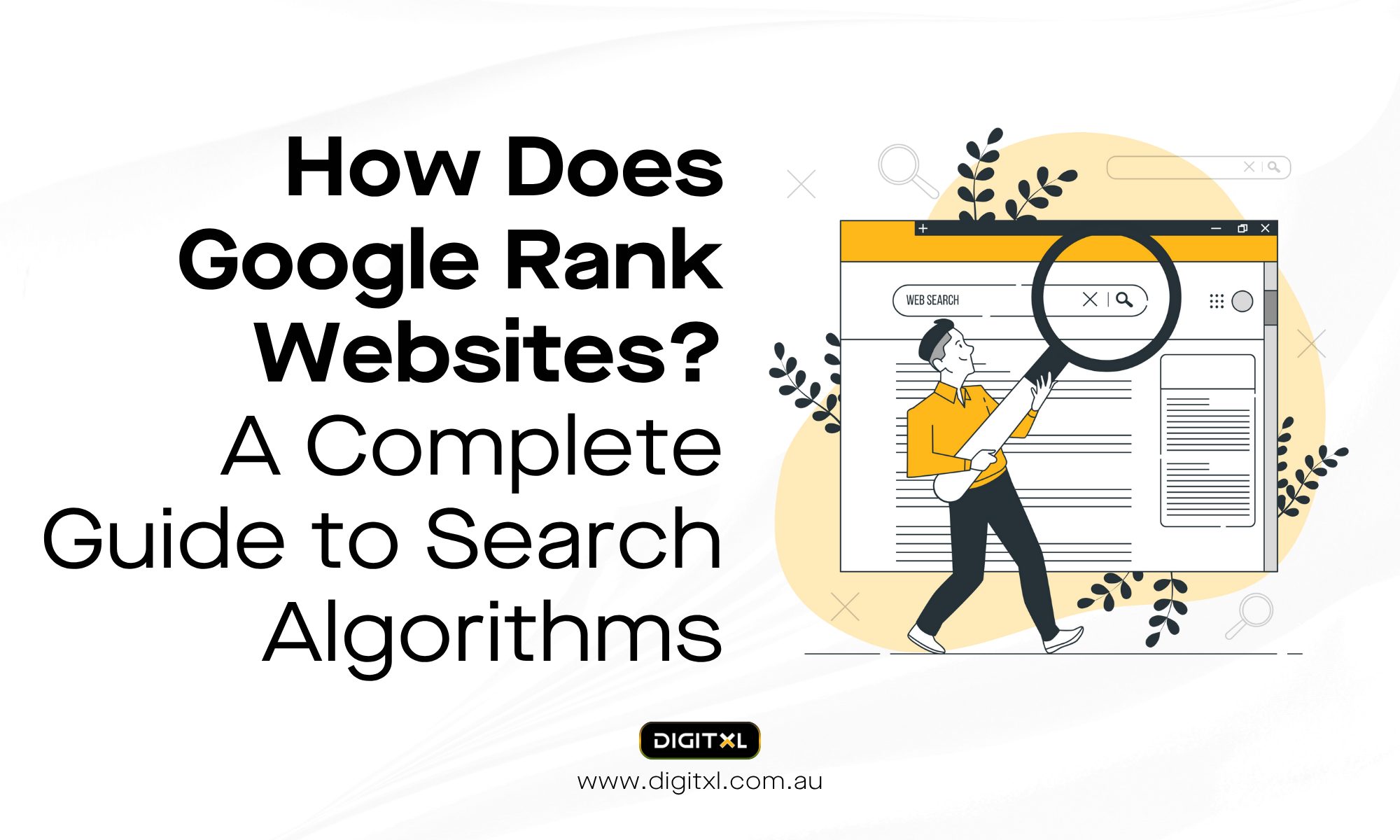- SEO
The September 2025 ‘Perspective’ Update: Why Google Is Rewarding Real Expertise
23 Sep 2025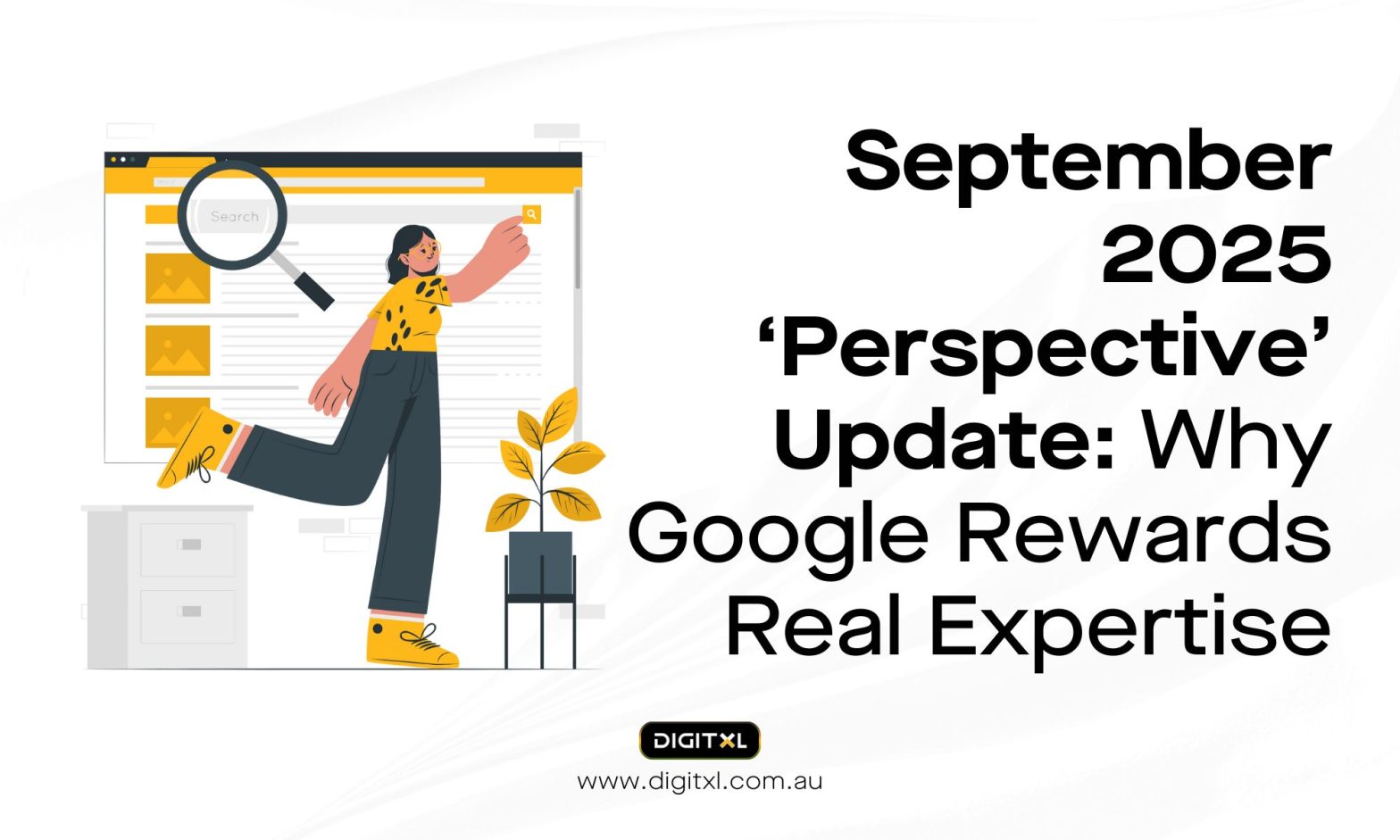
Introduction: A Wake-Up Call for Websites
If you’ve opened Google Search Console recently and noticed your impressions or rankings plummet, you’re not alone. Within days of the September 2025 “Perspective” update rolling out, thousands of websites from long-standing authority blogs to local businesses saw traffic dip dramatically.
It’s a fundamental shift in how Google measures quality and intent. Sites that publish real expertise and solve user problems are rising. Sites that churn out keyword-driven content without substance? They’re dropping fast.
Let’s break down what’s changed, who’s winning and losing, and how you can future-proof your SEO strategy.
1. What Changed in the September 2025 Google Algorithm Update
1. Expertise Depth
Google wants to see real knowledge not just surface commentary. Content backed by experience, testing, or data is rewarded.
- Example: “We tested five ergonomic chairs for three months. Here’s what actually worked for remote workers, gamers, and people with back pain.”
- Not enough: “Top 10 ergonomic chairs you can buy in 2025” (no testing, no comparisons, just lists).
2. User Journey Completion
Google now measures whether users get a complete answer or if they have to search again.
For instance, if someone searches “how to launch a podcast”, a winning article doesn’t just list equipment it also covers setup, editing tools, hosting platforms, and promotion tips.
Your content should replace multiple searches with one well-structured, actionable guide.
3. Fresh Perspective Value
AI-regurgitated or copycat content is losing traction. To stand out, you need:
- Firsthand experiences
- Original data or experiments
- Case studies and testimonials
- Visuals like charts, screenshots, or photos
In other words, don’t just say what’s already out there. Add something new.
2. Winners vs. Losers of the Update
Winners
- Comprehensive guides that answer related FAQs and cover the full topic.
- Authentic expertise content with real examples, research, or data.
- Local businesses that engage through updated Google Business Profiles and community-driven content.
- E-commerce sites that act as educators with buying guides, comparisons, and video reviews.
Losers
- Thin, keyword-stuffed blogs that provide no real insights.
- Affiliate listicles that copy product specs without first-hand reviews.
- Big sites with stale, generic advice never updated with new perspectives.
- E-commerce category pages that only display grids of products, with no supporting content.
3. Mobile-First Is Now Mobile-Smart
Responsive design is no longer enough. Google is evaluating real-world behaviour on mobile.
Key changes include:
- Separate rankings for desktop vs. mobile results.
- A stronger emphasis on interactivity (buttons, filters, carousels must work seamlessly).
- Penalties for slow, heavy JavaScript pages.
❖ Example: An e-commerce fashion store may still rank on desktop but drop on mobile if its product filters are clunky or “Add to Cart” buttons don’t respond instantly.
4. Local SEO Just Got Smarter
Local businesses were heavily impacted by this update.
What’s new:
- Contextual Proximity: Google differentiates urgency and intent.
- “Emergency plumber” ≠ “Bathroom renovation plumber.”
- Community Authority: Businesses publishing local news, events, or community content are rewarded.
- Dynamic Google Business Profiles: Profiles updated with reviews, posts, and photos now outrank static, neglected profiles.
- Website + GBP Alignment: Any mismatch in hours, services, or contact info hurts trust and rankings.
❖ Example: A local gym that uploads weekly photos, posts about community bootcamps, and responds to reviews will outrank a big franchise that only lists opening hours.
5. Technical SEO Matters More Than Ever
This update reinforced that good content needs a strong technical foundation.
- Content Clustering: Create hub pages supported by related subpages. (e.g., “Digital Marketing Guide 2025” linking to “Email Automation” or “GA4 Reporting.”)
- Schema Markup Evolution: Beyond Article and FAQ include Author, Review, and How-To schema.
- Core Web Vitals Expanded:
- Interaction readiness (can users act quickly?)
- Content stability (no layout shifts from ads/pop-ups)
- Navigation clarity (menus and breadcrumbs must be intuitive).
Sites with heavy JavaScript or confusing structures risk losing visibility.
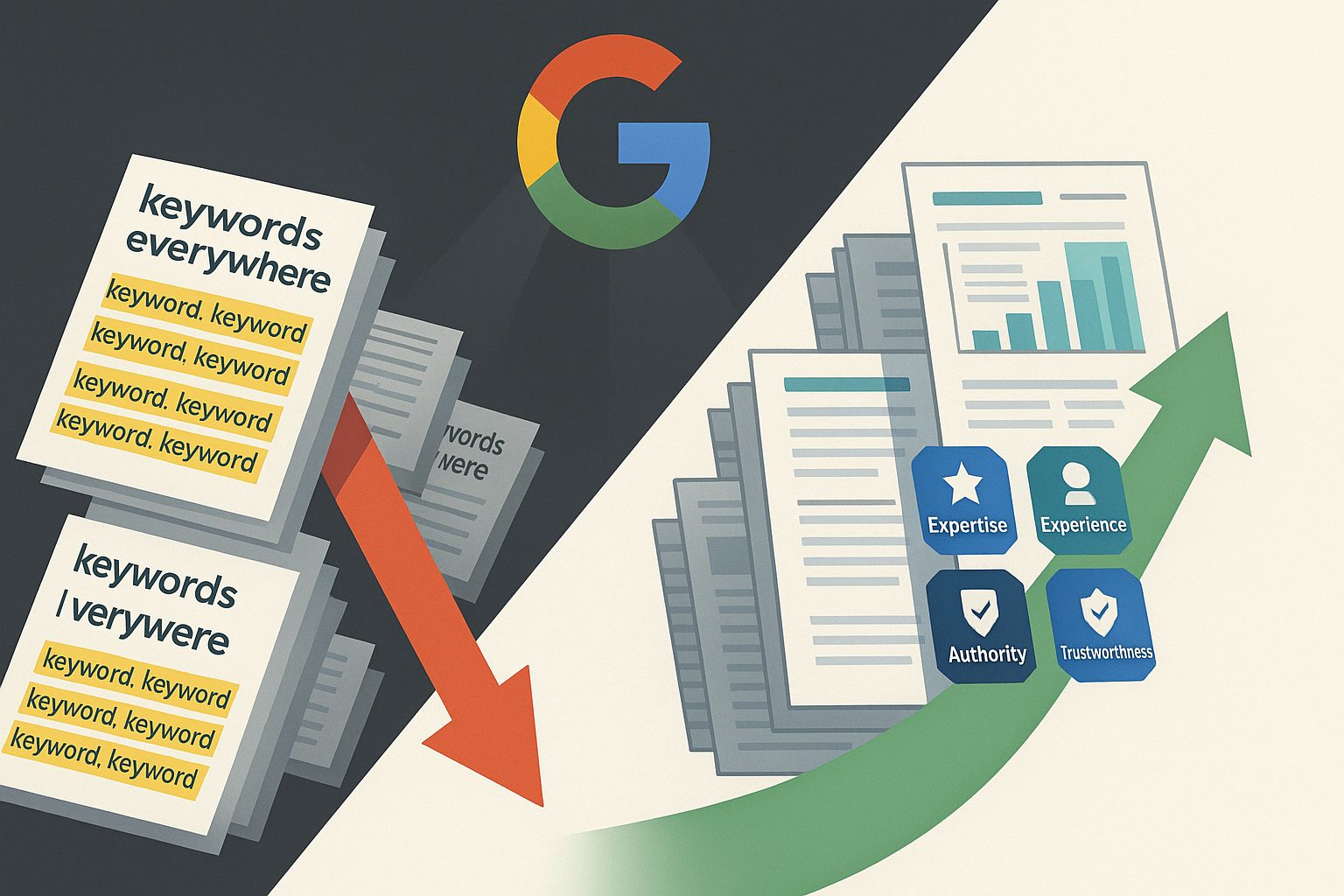
6. How to Recover from the Update
- Audit for Intent Fulfilment
- Does each page fully answer the user’s query?
- Can one article replace multiple searches?
- If not, expand or restructure it.
- Shift to Topic Clusters
- Build hub-and-spoke content ecosystems instead of standalone posts.
- Add Real Expertise & Perspective
- Case studies, experiments, client results, personal testing → all win.
- Improve Mobile UX
- Audit Core Web Vitals.
- Remove bloated scripts.
- Ensure all buttons/menus work with one tap.
- Refresh Google Business Profile & Local Content
- Post updates weekly.
- Match GBP info with your site.
- Create suburb-specific landing pages or “near me” blogs.
- Diversify Beyond Google
- Build email lists, podcasts, SMS groups, and social communities.
- Reduce over-reliance on Google traffic.
7. Future-Proofing Your SEO Strategy
This update is a preview of where search is heading: more AI summaries, more intent-driven ranking, less tolerance for fluff.
Going forward:
- Solve problems, don’t chase keywords.
- Add original insights in every piece of content.
- Treat content as a living product update it with purpose.
- Build brand presence outside Google’s walls.
Pro tip: Ask yourself: If Google stopped sending me traffic tomorrow, would my audience still find me? If the answer is no, it’s time to diversify.
8. Final Thoughts
The September 2025 “Perspective” update is kind of a rebirth. Websites that prioritise people over algorithms will win. Whether you’re running a blog, SaaS, e-commerce store, or local business, the roadmap is clear:
- Deliver authentic value.
- Write with purpose.
- Solve, don’t summarise.
Adapt now, and your website will lead.
9. About DIGITXL
DIGITXL is a Martech, Analytics and Conversion Optimisation agency helping businesses transform online visibility into measurable results. We specialise in:
- SEO strategy grounded in user intent.
- Content marketing that builds authority and trust.
- Local SEO solutions to put businesses on the map.
- Performance optimisation for mobile and web.
10. FAQ
1. SEO Strategist POV: From Keywords to User Experience & Expertise
A. This update marks a clear shift away from keyword stuffing toward meaningful, experience-driven content. As an SEO strategist, the new challenge is aligning content with real user intent and ensuring every page completes the user journey. Ranking is no longer about volume it’s about utility. That means focusing on structure, schema, user satisfaction, and content that stands on its own without needing follow-up searches.
2. Content Marketer POV: Goodbye Fluff, Hello Authority
A. The Perspective update is a wake-up call for content marketers. Google’s focus on fresh perspectives and firsthand insights means there’s no room left for regurgitated listicles. If you’re not offering original data, case studies, or at least genuine commentary based on expertise, your content won’t survive. It’s time to treat each article as a product: researched, tested, reviewed, and continuously updated.
3. Local Business Owner POV: Community and GBP Are Now SEO Power Tools
A. If you’re running a local business, your Google Business Profile is now as important as your website if not more. The update rewards dynamic, active local profiles: frequent photo uploads, real-time reviews, community posts, and consistent info. Local businesses that act like local media hubs (posting events, updates, and content) are now beating national brands. Community authority is the new local ranking gold.
4. UX Designer POV: Mobile Experience Is Now a Ranking Factor, Not Just a Feature
A. Designers can no longer ignore technical SEO. Google now measures how interactive your site is on mobile loading speed, tap targets, JavaScript bloat, and even button responsiveness all influence rankings. A “responsive” theme is no longer enough. Every design decision must support usability on smaller screens. Sites that frustrate users even a little will fall behind.
5. E-Commerce Manager POV: Product Pages Need to Educate, Not Just Sell
A. E-commerce managers are learning that product listings alone aren’t enough. To stay competitive, product and category pages need expert insights, comparison guides, videos, and customer testimonials. If your site just lists features copied from suppliers, you’re losing to retailers who teach users how to choose. Google wants product pages that help users make decisions not just transactions.

